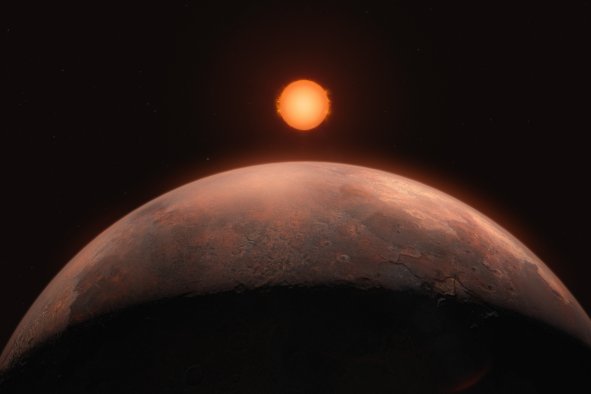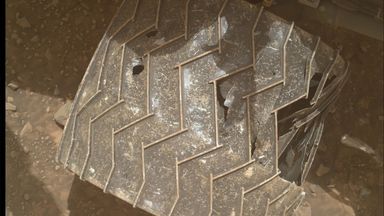CERN, the renowned research center housing the world's largest particle accelerator, marked its 70th anniversary on Tuesday.
Physicists celebrating this milestone are committed to unraveling the secrets of dark matter and other cosmic enigmas while promoting science as a force for peace in an increasingly conflict-ridden world.
Located on the Swiss-French border near Geneva, CERN has become a household name over the past seven decades, even as its intricate operations remain a mystery to many.
The European Organization for Nuclear Research—retaining its French acronym, CERN—was born from a 1951 U.N. meeting aimed at establishing a world-class physics research facility in Europe.
Today, it is best known for the Large Hadron Collider (LHC), a monumental machine that accelerates particles through a 27-kilometer (17-mile) underground loop, smashing them together at close to the speed of light.
This process generates collisions at temperatures over 100,000 times hotter than the sun's core, allowing scientists to recreate conditions akin to those just after the Big Bang.
CERN Director-General Fabiola Gianotti said: "We reproduce every day the conditions of the primordial Universe … yet many crucial open questions remain."
CERN's groundbreaking experiments led to the 2012 discovery of the Higgs boson, a fundamental particle that completed the Standard Model of particle physics.
It was here that the World Wide Web was conceived by Tim Berners-Lee 35 years ago, revolutionizing information sharing and paving the way for today's digital landscape.
The center's innovations have far-reaching implications, with thousands of smaller particle accelerators now operating globally, contributing to fields such as medicine and technology.
Crystals developed for CERN experiments are now essential in PET scanners, enabling early detection of diseases like cancer.
While some skeptics have raised concerns about CERN's activities, experts argue that these fears are largely unfounded.
Today, CERN's team of researchers from over 110 nations continue to challenge existing scientific theories, investigating dark energy—responsible for 68 percent of the universe's expansion—and dark matter, which constitutes about a quarter of the universe.
CERN has two major initiatives on the horizon: the High-Luminosity LHC project, set to enhance collision rates starting in 2029, and the Future Circular Collider, projected to cost 15 billion Swiss francs (approximately $17.2 billion), with hopes of initial operations beginning by 2040.
CERN's constitution explicitly prohibits military applications of its research. In response to the Russian invasion of Ukraine, its governing council voted to suspend collaboration with Russian institutes, affecting around 500 scientists.
The decision will also lead to a loss of 40 million Swiss francs in Russian funding for the High-Luminosity LHC—around 4.5 percent of its budget.
As CERN marks its 70th anniversary, it remains focused on its mission to advance scientific knowledge and foster global cooperation amid a turbulent world.
This article contains additional reporting from The Associated Press
Disclaimer: The copyright of this article belongs to the original author. Reposting this article is solely for the purpose of information dissemination and does not constitute any investment advice. If there is any infringement, please contact us immediately. We will make corrections or deletions as necessary. Thank you.



